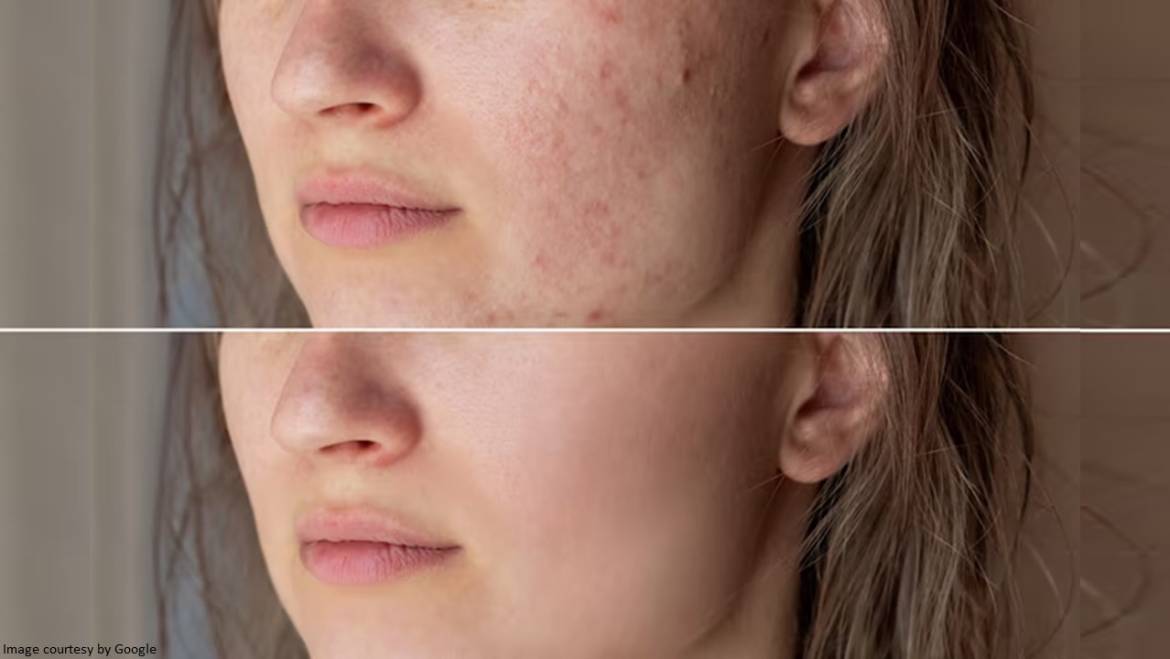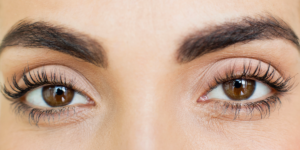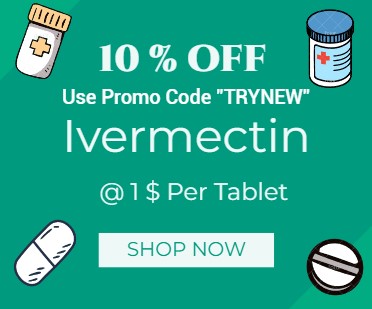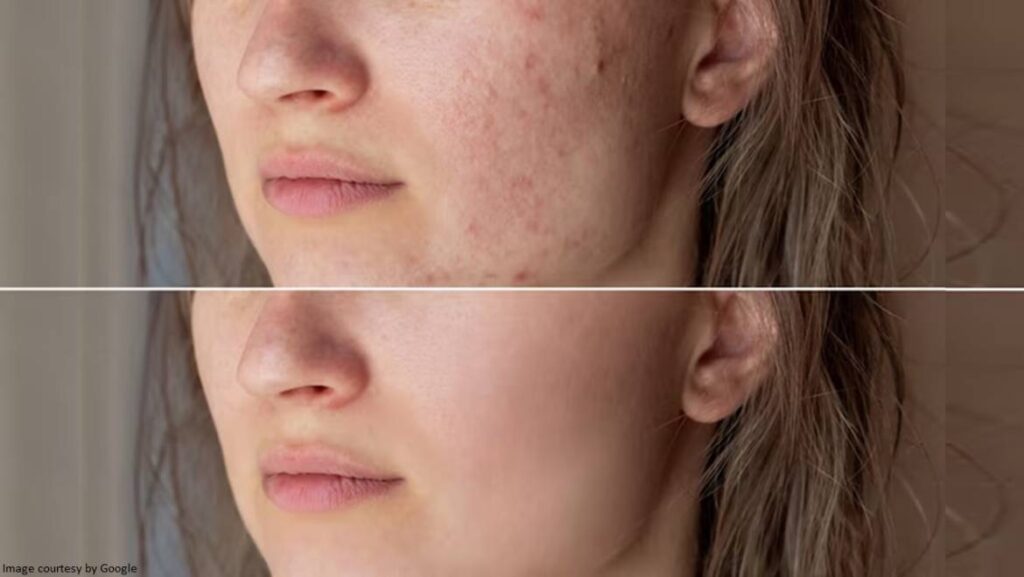
It’s crucial to understand the kind of acne you have if you want clear skin. Different blemish treatments are needed for different types of blemishes. To find the best acne or pimple therapy for your skin type, speak with a dermatologist.
A common inflammatory chronic condition affecting people of all ages, from adults to children, is acne. Despite being a routine modification in dermatology, it has a significant, long-term influence on a patient’s life, causing issues with low self-esteem, emotional stress, and psychological development problems. It is important to comprehend the skin condition and the efficacy of acne treatment because delaying seeking medical help can exacerbate psychological and physical problems.
Do you know that every skin type responds differently to each skincare ingredient? Commercial products for the entire population may not be the best option for your skin. Therefore, you must know your skin type to understand the essentials for good skin care. Pimples on face doesn’t only mean it’s acne; it could be a simple pimple that may fade away with time, but if it doesn’t and other pimples pop up, it could be acne. In severe acne cases, visit a dermatologist to learn the treatment for pimples on face, or elsewhere you may experience them.
Purchase acne products online to have access to cost-effective pimple treatment.
What Acne Treats Well?
Acne can be treated in a variety of ways, and many skincare products and components are effective. Nowadays, there is a successful treatment for almost every kind of acne or pimples. Determine the type of acne you have with the assistance of a dermatologist, and make sure you are getting the appropriate treatment.
Additionally, allow us to comprehend the several kinds of facial acne or pimples:
Comedonal acne, sometimes referred to as moderate non-inflammatory acne, consists of the following:
- Blackheads– These are the blemishes that appear as tiny black dots. They are considered comedones but are open at the surface of the skin.
- Whiteheads– These are minor blemishes with whiteheads that pop on the top of the skin’s surface. It occurs when hair follicles become clogged with oil, dirt, and dead skin cells. This type of comedone causes pores to stay closed at the skin’s surface and causes whiteheads to occur.
- Mild Inflammatory Acne: Consists of blackheads, whiteheads, and the following:
- Papules– These are inflamed, infected, and are usually extremely sensitive to touch. These occur due to clogged pores. Papules are annoying and leave your skin with a pink or red look.
- Pustules– They appear as white or yellow pus on the skin’s surface. They are sometimes mistaken for whiteheads. One way to differentiate them is by looking for red surrounding the white or yellow head on the skin’s surface. Pustules are extremely tender and painful to the touch.
- Moderate Inflammatory Acne: Moderate inflammatory acne usually covers many papules and pustules. These also include
- Nodules– These are the large and inflamed bumps that are sensitive to touch. They affect deeply within the skin and are very painful. Moderate inflammatory acne usually includes nodules and more of these in people with severe blemishes.
- Severe Forms of Inflammatory Acne: Severe Acne lasts for months and usually spreads all over your skin quickly. This type of acne includes the lesions that arrive in multiples plus the following:
Cysts: These are lesions packed with pus that resemble boils perfectly. They are more common than other types of acne and typically show up after infections.
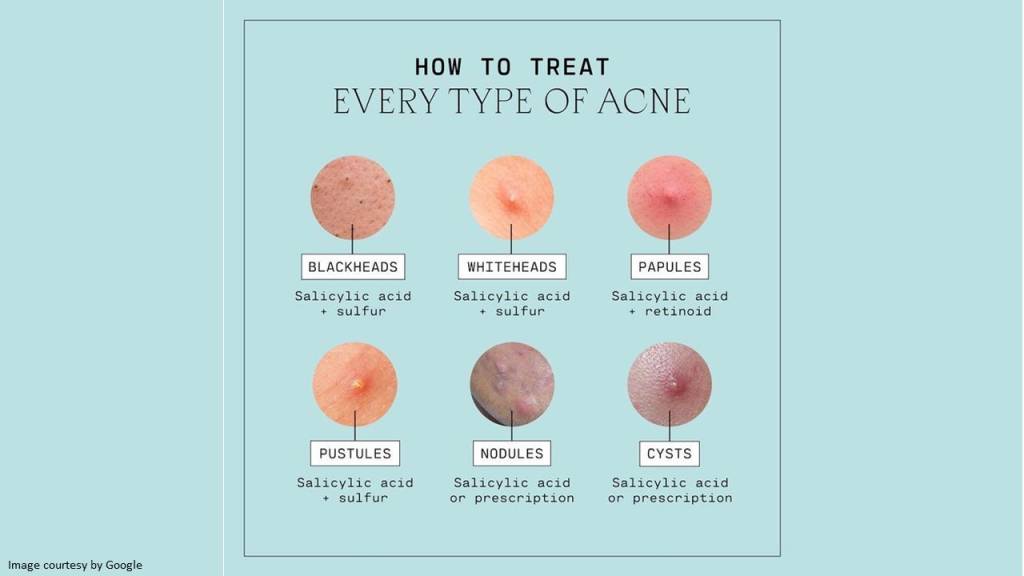
How can you choose which sort of acne treatment is best for you?
For mild to moderate acne breakouts, over-the-counter medications along with a few prescription choices are the most effective acne treatments.
- Glycolic Acid – It is an alpha hydroxy acid (AHA) that gently exfoliates the skin, helping the skin to get rid of the dead skin cells that cause clogging of skin pores. It is ideal for people with comedonal acne.
- Azelaic Acid– This skincare ingredient reduces acne and reduces post-acne hyperpigmentation. It is a solution for people with rosacea. Azelaic acid treats mild, moderate, and severe inflammatory acne.
- Salicylic Acid– It has anti-inflammatory properties that help with inflamed cystic breakouts that can occur with blockages deep in the hair follicles. A Salicylic wash is perfect for comedonal acne.
- Benzoyl Peroxide – It is an antibacterial ingredient that is very effective at killing acne-causing bacteria. People with mild and moderate inflammatory acne can use it.
- Clindamycin – A topical antibiotic that controls the spread of inflammatory acne.
- Niacinamide – It is a common skincare ingredient that can regulate oil production. Reduce swelling and redness associated with acne and reduce skin pores’ appearance.
- Retinoids – Available in different strengths and trade names, Tretinoin is the most widely used formulation for the face spot treatment. A Retinoid effectively treats comedonal, mild, and moderate inflammatory acne.
Think about your skin type and be familiar with pimple-prone skin care.
To prevent needless or undesirable side effects from the finest acne treatment, you should first take your skin type into account.
- Normal Skin: Benzoyl peroxide formulations are generally well tolerated by most skin types. However, use caution when utilizing the quantity of skincare products you use; it’s better to use fewer
- Oily Skin: Salicylic acid helps keep pores from becoming clogged in most persons with oily skin. The active component lowers future acne outbreaks and regulates oil production.
- Dry Skin: Generally speaking, people with dry skin shouldn’t use cosmetics that are overly drying. Sulfur-based treatments work better for dry skin types since they are less drying.
- Combination Skin: The best acne treatment for combination skin, according to dermatologists, is hyaluronic acid. In addition to moisturizing the skin, hyaluronic acid minimizes wrinkles and other aging symptoms.
With millions of acne remedies available, it is quite simple to become confused. When selecting a therapy for pustules, whiteheads, or any other common kind of acne, one must exercise caution. When choosing the best products, take into account your skin type, zit type, and active ingredients. for pimples.
- .
